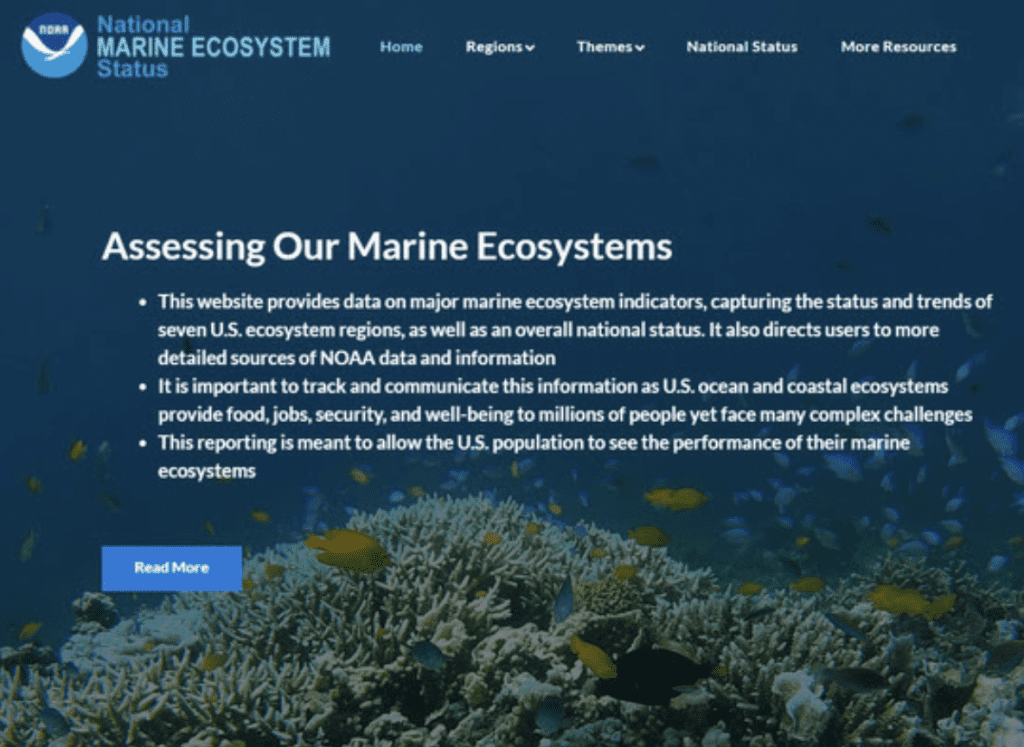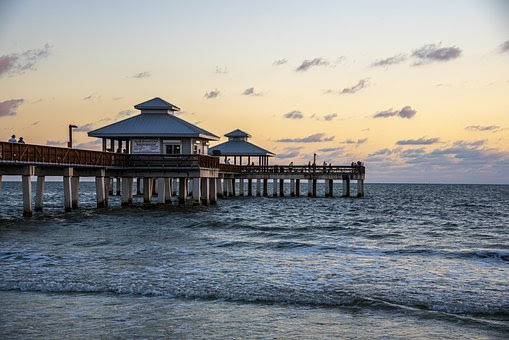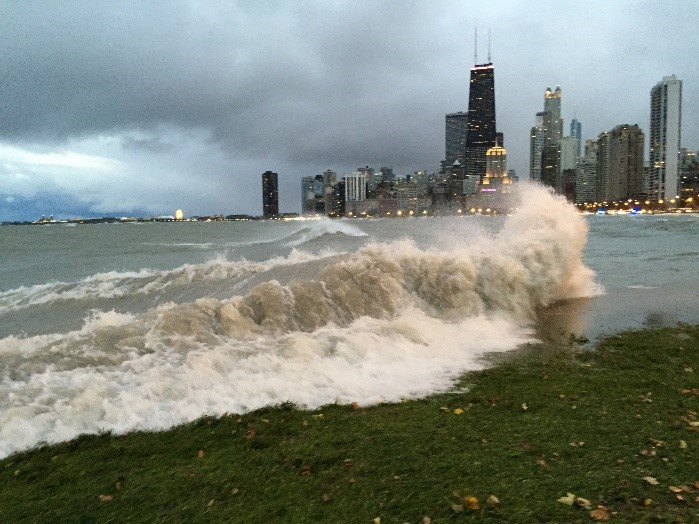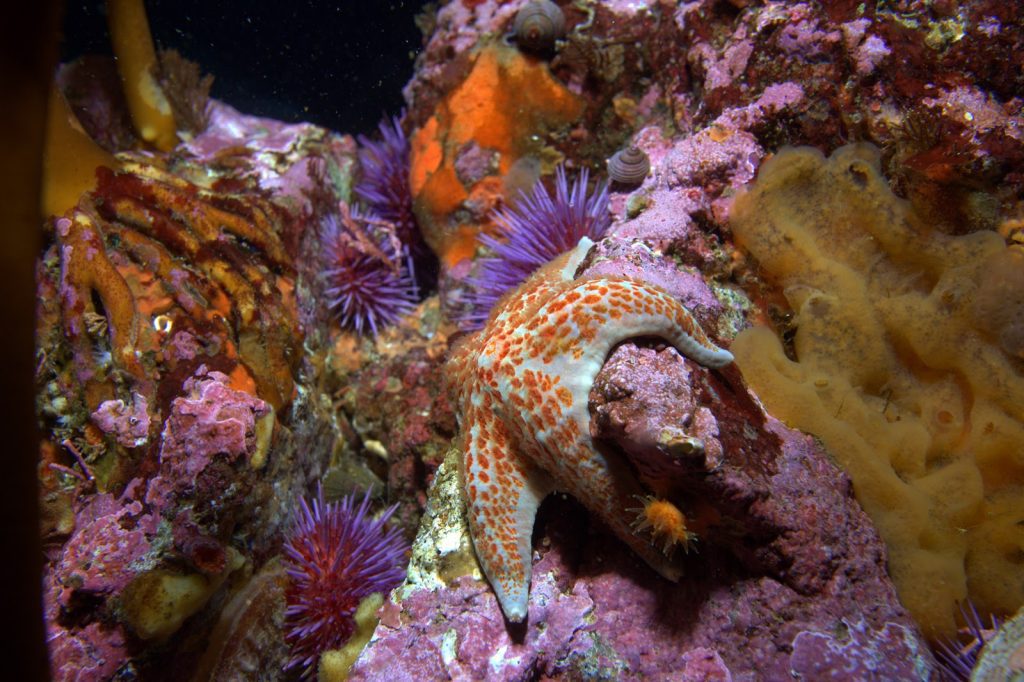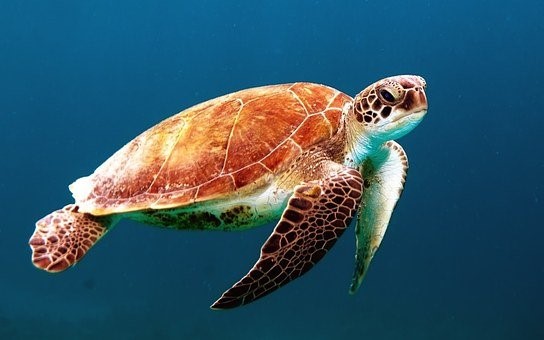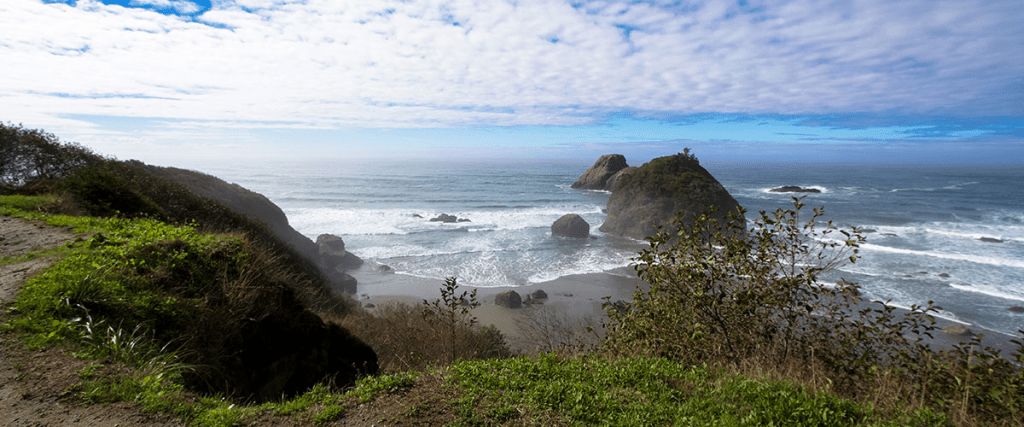CPO Marine Ecosystem Risk Team Contributed to Updated National Marine Ecosystem Status Website
On October 25, the NOAA cross-LO Ecosystem Indicators Working Group (EIWG) will launch an update to the National Marine Ecosystem Status (NaMES) website. This website provides a starting point for educators, outreach specialists, and the interested public to explore the status of seven major U.S. marine ecosystems and the nation “at-a-glance.” The site also provides access […]


